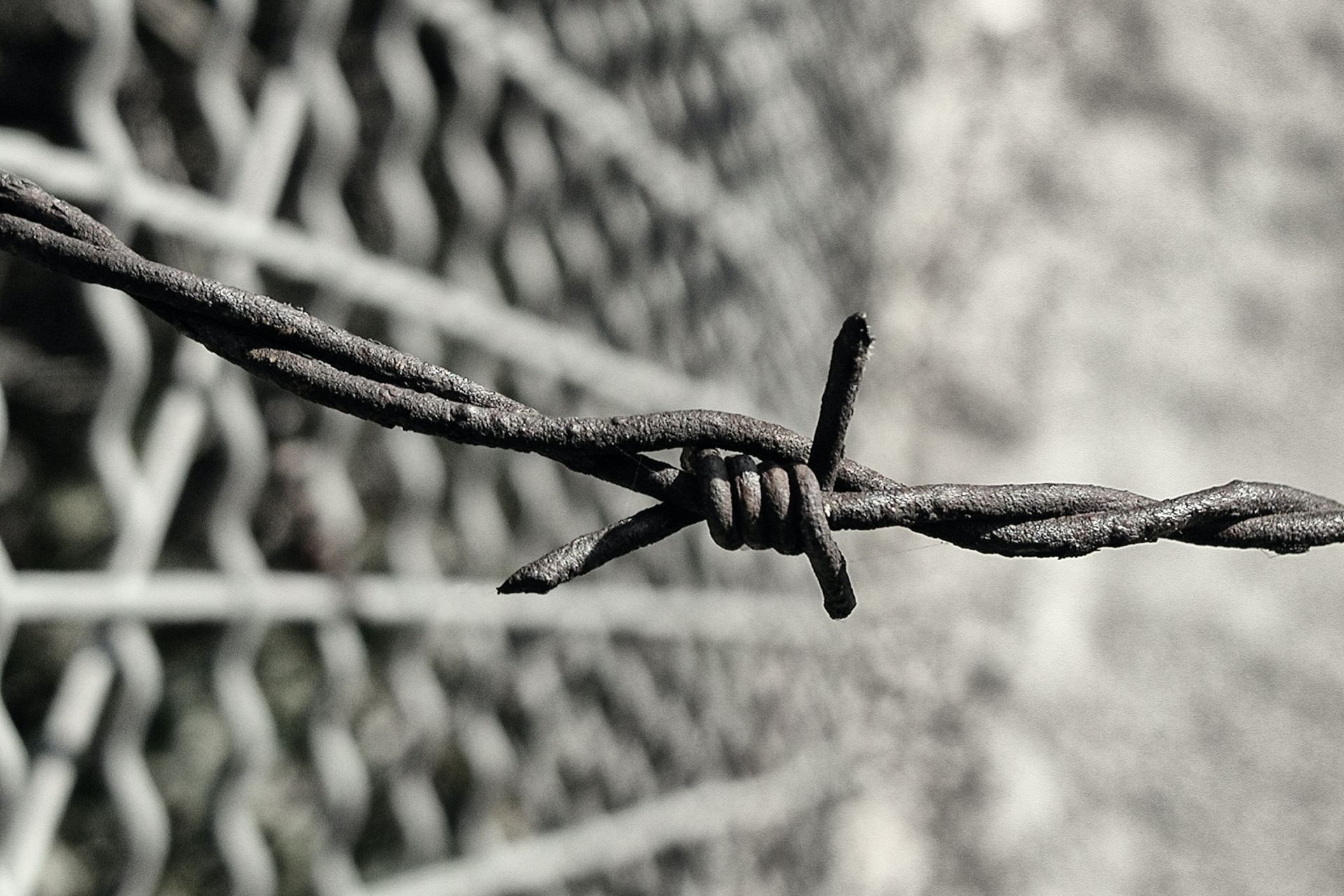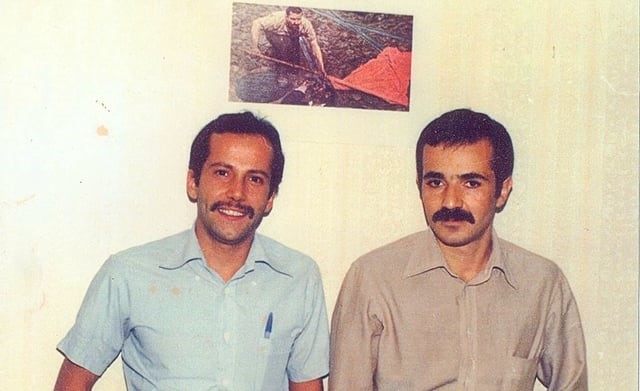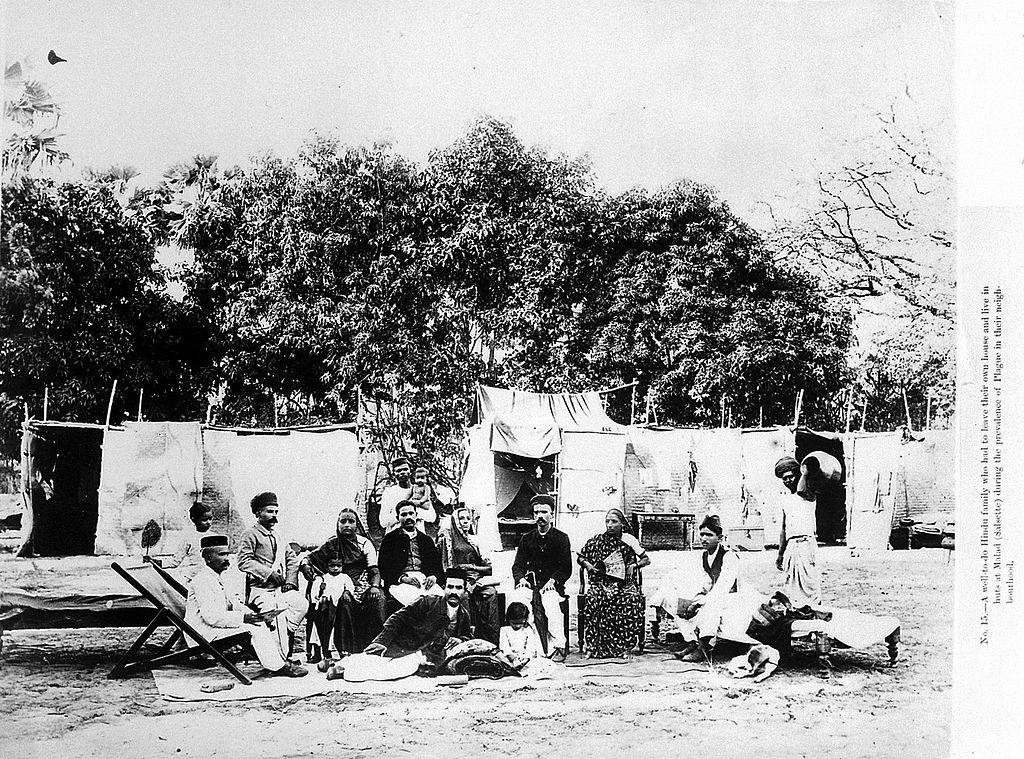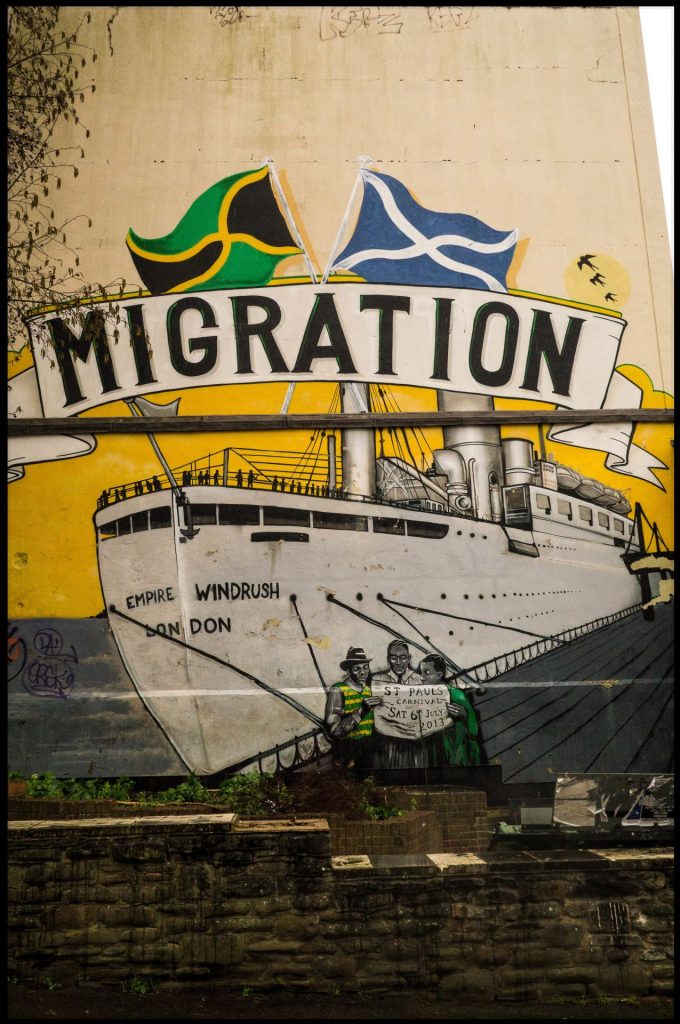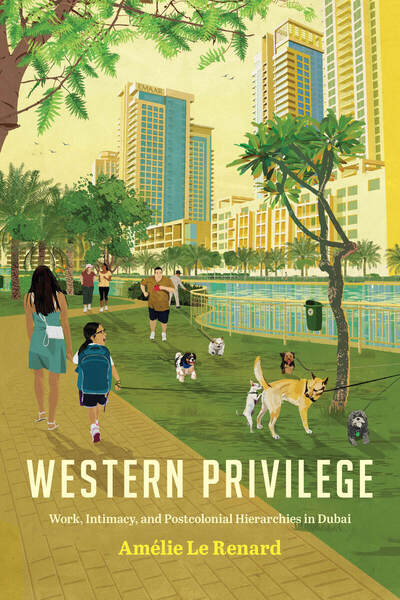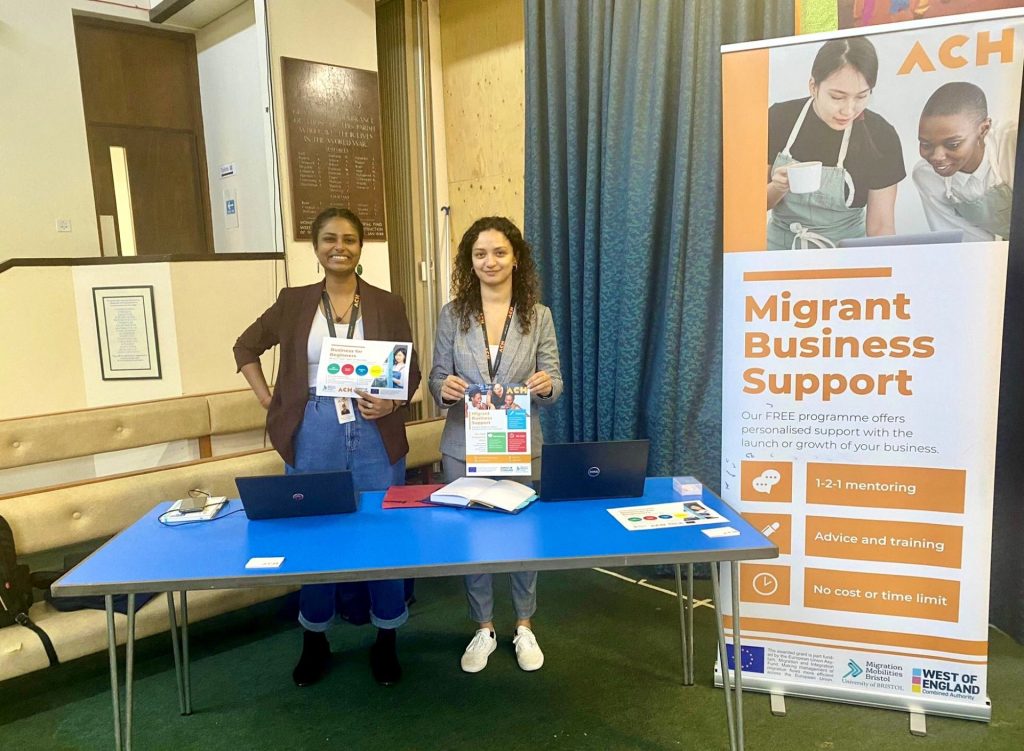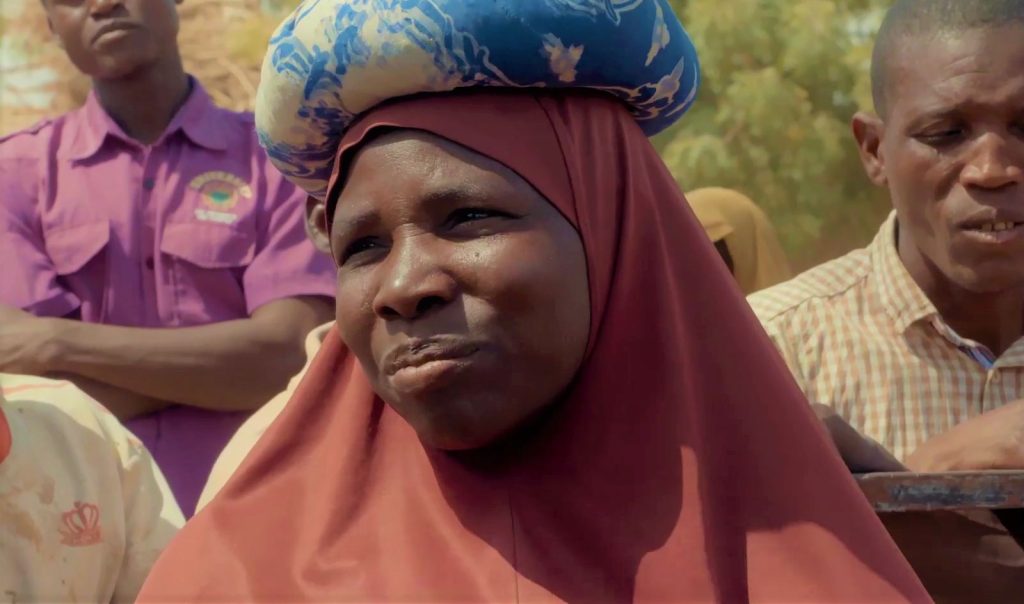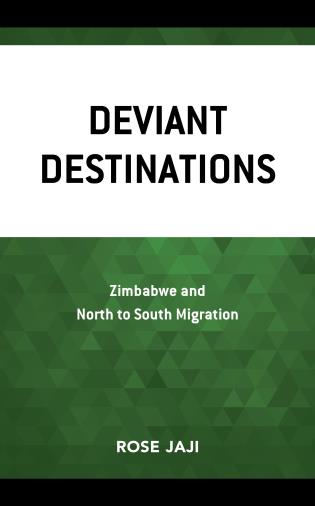By Paula Gombos.
The Big Issue is a street magazine founded 30 years ago that tackles homelessness and social exclusion in the UK. It also supports individuals to earn an income by selling the magazine, and there are more than 50 active sellers in Bristol. A significant proportion of these vendors are Romanian Roma, many of who are subject to ‘NRPF’ rules. NRPF stands for ‘No Recourse to Public Funds’ meaning they are not eligible for many benefits, including Universal Credit, Social Fund payments, Housing Benefit and social housing and education. It is usually associated with asylum seekers and non-EEA (European Economic Area) citizens. However, European migrants too can be affected, usually while they are waiting for the Home Office decision on their application to the EU Settlement Scheme, or if they have not applied in time for Settled Status or Indefinite Leave to Remain.
In early 2022 the Big Issue was given a small grant from the University of Bristol’s ESRC-funded Everyday Integration project to investigate the consequences of NRPF from the perspective of our essential frontline workers. We also wanted to see how we can take steps locally to ensure better support and inclusion for people who fall under NRPF rules. In December we published our report on the project, ‘How Can Big Issue Sellers With or Vulnerable to NRPF Build a Good Life in Bristol’. Here I introduce its key points.


We were very happy to be supported throughout the process by Migration Mobilities Bristol (MMB) and ACH. MMB Director Bridget Anderson first helped us to identify our research question and methods and potential ethical issues. We then held a vendor engagement workshop in our Big Issue Bristol office. Vendors participated in a set of activities and discussed their motivations for moving to the UK, their values and aspirations and the accessibility of services to them. We then devised an interview schedule to explore what participants felt made a ‘good life’, and the barriers that stop them from moving towards this. Together we explored options and used Maslow’s Hierarchy of Needs and the Bristol Model to facilitate a dialogue with participants. Finally, we held conversations with other agencies who work with NRPF migrants in Bristol.
The research was small scale, working with ten Big Issue sellers aged between 38 and 60, nine from the Romanian Roma community (three women and six men), and one male Jamaican national. It found that anxieties about housing, personal safety and sustenance had significantly negative effects, and the NRPF condition exacerbated these, making vendors feel disempowered. Their responses showed how it leaves people destitute and unmotivated. Some people end up begging or turning to alcohol and substance misuse, which affects their mental health and general wellbeing. However, together with a range of Bristol based organisations, we came up with ideas that could significantly improve their quality of life.
At a national level, Big Issue argues that the NRPF condition should be scrapped and policies changed so people can secure suitable accommodation, become economically active and be able to access mainstream benefits. We hope that Bristol City Council will play an active role in supporting this demand. However, the project focused mainly on the significant steps that can be taken locally, including funding for services that work with NRPF and support for issues including employability, education, immigration and alternative housing options. More specifically the participants suggested:
- Improving English skills and learning how to read and write.
- Accessible employment for people with limited numeracy, literacy, digital skills or for people in poor health.
- Having a voice and being actively involved in local decision-making processes.
- Advocacy and legal representation at a local level.
- Better care and triage system within local provisions.
- Regular access to interpreters when attending appointments at local services.
- Less prejudice and less bureaucracy for individuals with very little documentation.
- Safer, cleaner and more suitable housing provisions.
- Better protection and safety from Bristol police.
- ‘City work platform’ – daily jobs for the City Council, such as cleaning, recycling and gardening, distributed amongst rough sleepers to help them contribute to the city and solve anti-social behavior.
These are some of the ways of building local support for individuals with or vulnerable to NRPF, which would positively impact their lives in the city. Housing, in particular, is a priority for safety, wellbeing and civic engagement.
Besides the obvious need for improved local support and changes to national policies, we must remember that our vendors want to be seen and heard, and to have a sense of accomplishment and purpose in their lives. The Big Issue will carry on fighting against social exclusion and poverty and we pledge to continue supporting the most marginalised and vulnerable people in the community. But all of us living in Bristol are responsible for making this city a better place for others.


